Dispatch From Odessa: Ukrainians Have No Plan B
Everyone in Odessa seems to think that Ukraine is on its way to total victory. What if that’s not possible?
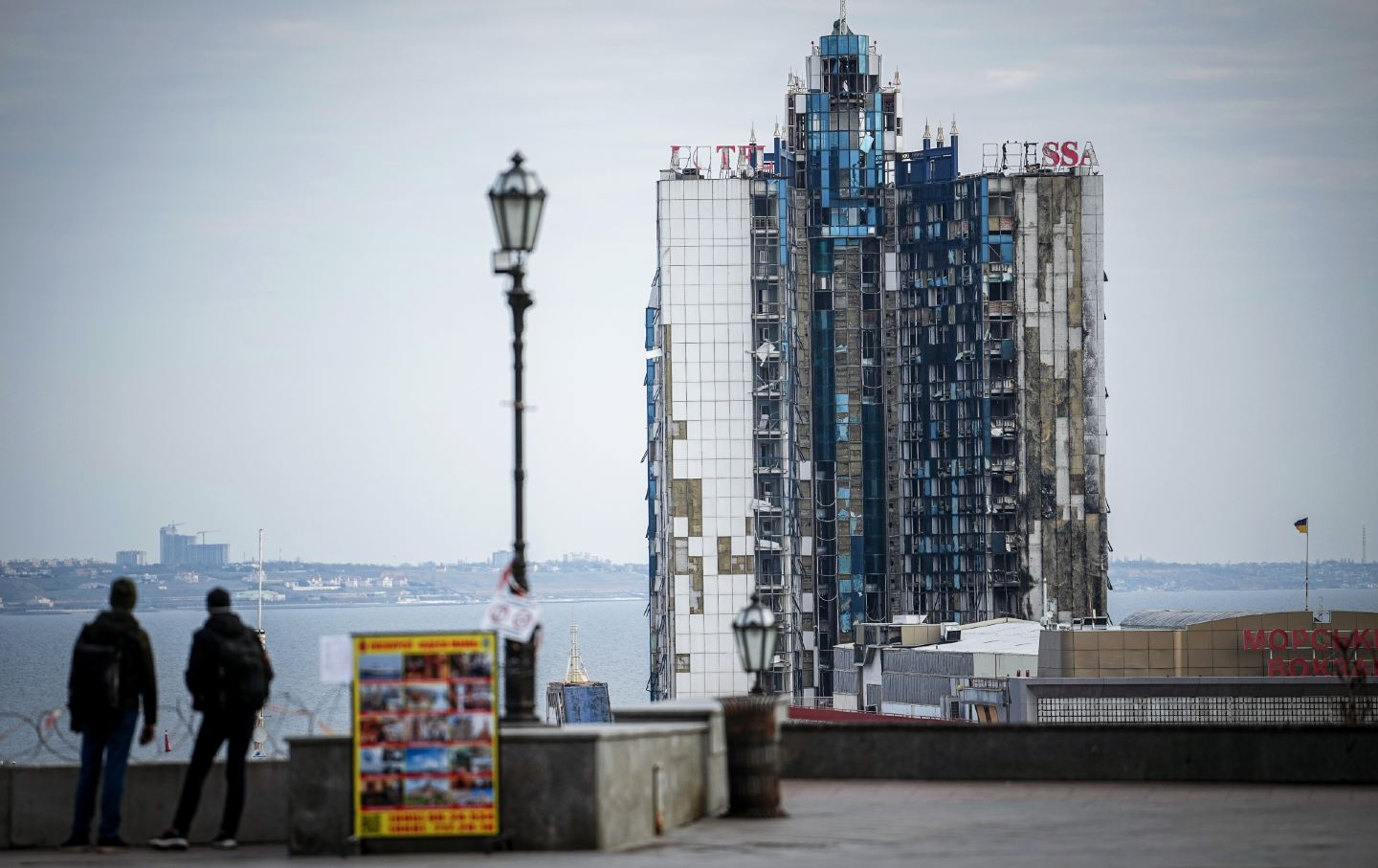
The husk of the Hotel Odessa can be seen in the port city in the morning. Russian cruise missiles hit the hotel on September 25, 2023.
(Kay Nietfeld / picture alliance via Getty Images)Odessa, Ukraine—“No, Odessa doesn’t have an evacuation plan. Why should it?” asked Tatiana Milimko, the chief editor of the Odessa-based news service USI.online, seemingly puzzled by the question. It was a rainy March day, and we met in the warm, old-world atmosphere of her favorite café, Pierre–La Sweet Boutique, tucked under the glass canopy of Odessa’s art-nouveau arcade. She stared at me searchingly, baffled by my query.
I stared back. Well, Ukraine is on its back foot, obviously, and the Black Sea port of Odessa is a priority military target for Russia, the capture of which would cut off Ukraine’s remaining sea route for exports, notably grain. Certainly she knows this, I thought to myself. After all, shrill air-raid sirens go off almost every day, followed by explosions that shake the city. And just across the street from the Pierre, the Ukrainian Orthodox Church is boarded up, one wall lying in rubble after suffering a direct hit less than a year ago. The day after we met, Russian missiles killed 21 people and injured many dozens more, the hardest hit Odessa has taken since March 2022.
Milimko—like everyone I spoke to in Odessa and apparently representative of Ukrainian opinion across the country and in the diaspora, too—is confident that Ukraine will prevail, in full. “It’s impossible,” she told me, that Odessa will fall or that Russia will win this war. Ukraine is resourceful, multicultural, democratic, determined, and European, she said. It could well be a member of the European Union come 2030, as Brussels recently said is possible. “All we need is more weapons, and that’s that,” Milimko said, abruptly ending any discussion about evacuations or peace processes.
As the grinding war launched by Russia enters its third year, the death toll keeps climbing, and the signs of faltering solidarity from Europe and the United States give even optimists pause to ask how long Ukraine can hold out—and whether it should broach negotiations with Moscow if it means sacrificing territory. Observers loyal to Ukraine—and fully aware of the staggering geopolitical implications of appeasing an expansionist Russia—are beginning to speculate that it’s time for Ukraine to cut its losses before more territory, much more territory, including Odessa, falls to Putin.
Ukrainians, however, led by President Volodymyr Zelensky, are having none of it. In every discussion I had with journalists and businessmen, students, and lawyers, not one person questioned Zelensky’s proclaimed goal of retaking every centimeter of Ukraine land, including the Black Sea peninsula of Crimea—even if, as Milimko admitted, “it might take a long time.” In the city etched into our cultural conscious as the location of Soviet filmmaker Sergei Eisenstein’s classic 1925 epic silent film Battleship Potemkin, the residents’ sureness of purpose and righteousness matches those of the Potemkin’s anti-monarchist sailors.
The Ukrainians’ argument is made no more articulately than by Fedir Serdiuk, a 28-year-old entrepreneur, philanthropist, and army medic, and the founder of the Pulse training facility in Odessa that has schooled more than 25,000 Ukrainians in first aid, a need he perceived as early as 2014 when Russia invaded Crimea. That year, Serdiuk quit university to join the Red Cross frontline teams, and soon set aside his private-sector interests to focus fully on the first-aid course, shortly thereafter adding to it a course instructing infantry in the use of technology on the battlefield. A self-confident man, he told me, “You have no idea how many lives this has saved.” And indeed in 2021, Forbes magazine named him on its list of the top “30 under 30” in the category of social impact; the project gets so many trophies and plaques that his office stores them by the box load.
Like so many activists in Ukraine’s much-heralded civil society, Serdiuk is doing everything in his power to support the Ukrainian cause. This is “total resistance,” Serdiuk said, as taken straight from US Army special operations manuals, translated from the Swiss original: Everyone from street sweepers to university deans is pitching in to disrupt enemy operations and defend the country in any way possible. From Odessa, Ukrainian military drones—some of them purchased through crowdfunding and assembled by volunteers—have hounded the Russian navy. Yes, he said, Ukraine has suffered setbacks recently, but these little towns, like Avdiivka in eastern Ukraine, which capitulated in February, are next to meaningless. Russia, he admitted, has learned lessons since the war’s onset, when it was shamed by Ukrainian forces that pushed them back not only from Kyiv but also from Odessa.
The Russian military’s spring 2022 assault on Odessa when its navy and air force bombarded the port for weeks, while undercover Russian agents wreaked havoc from within the city, is still evident. Jutting forlornly into the sea, the burned-out skeleton of the 19-story Hotel Odessa is just one example. But the Ukraine army prevailed by blocking the Russians’ access to Odessa at Mykolaiv, a city to its east; and the citizenry rallied, sandbagging infrastructure and historical monuments, fortifying beaches, and mining the harbor. Restaurants prepared meal after meal for the volunteers and soldiers. Businesses donated trucks and jeeps. In April, the Ukrainians sank the Moskva, the jewel of Russia’s Black Sea fleet.
Ukraine has learned a thing or two since then, too, and these lessons have been woven into its military strategies, Serdiuk said. Ukraine’s casualties—31,000 according to official sources, four times that according to US estimates—is acceptable, he allowed. The Ukraine armed forces are back, and on track, he said. All they need is the right weaponry. And this is going to come from the West—sooner rather than later, for its own good. The rules-based order is at stake here, he said—again, echoing everyone with whom I spoke with—and if anyone thinks Putin will stop with Ukraine, they are sorely, sorely mistaken.
When I broached the idea of negotiations with Russia, a peace process or cease-fire of some sort, Serdiuk responded like his countrymen: “In order for there to be negotiations, there has to be trust, and there is none. We’d trust Stalin before Putin. Putin lied and lied and lied, why would he stop?”
Only toward the end of a two-hour discussion, which included a few whiskeys in an Odessa eatery, did Mikhail Shtekel, a media professional of mixed Jewish Tatar background, finally admit that, yes, there are “unhappy scenarios for Ukraine too.” And what did he mean by that, I asked? “Putin conquers Ukraine,” he spat out, as if I had intentionally served him a bad oyster. The war’s outcome is the hands of the West, he said. And what if Donald Trump is elected, I pushed him? “We really don’t know what Trump will do. In the end, whether Trump becomes president and doesn’t do anything or Biden is reelected and continues to give us support to live another day but not to win, what’s the difference? The problem is that there’s no real will to crush the Putin regime. You think Russia can’t lose.”
The Ukrainians’ unbending will is profound and heartbreaking. As I tried gently to intimate, it may not be in touch with reality. Russia has regeared its economy to all-out wartime production, enabling it to manufacture many times the quantity of ammunition that Ukraine can. The Western sanctions against Russia—complete with tent-size loopholes—has not undermined it as hoped. Of course, the West could plug those gaps and speed up the delivery of serious weaponry to Ukraine, including German Tauris missiles, many more F-16s, and other hardware. Shtetel told me that whenever the requisite materiel is there, Ukraine prevails on the battlefield.
A Negotiated Peace?
Popular
“swipe left below to view more authors”Swipe →A host of statesmen and politicos—some openly, others behind the scenes—are pursuing a negotiated settlement. EU High Representative Josep Borrell visited Ukraine in February talking about a “Korea solution,” but with no specifics on exactly what that would look like or how it would come to pass. As keen as many diplomats may be on stopping the war—who isn’t?—very few speak in detail of what this would, in their minds, entail. Certainly, it means territorial sacrifices on the part of Ukraine. But what lands exactly? Crimea and a slice of eastern Ukraine? How big a slice? “This is what no one says,” explained Viacheslav Tuliakov, a legal scholar in Odessa. There is no sign, he said, that the Russian president is satisfied with what the Russian military currently occupies. Putin wants much more of Ukraine—including Odessa.
Indeed, Odessa, Ukraine’s third-largest city and the gateway to the Black Sea, is critical to Putin’s plans, as he has expressed explicitly and regularly. “The whole southeast of Ukraine has always been pro-Russian because these are historically Russian territories,” he said in late 2023, in contravention of historical fact and certainly of the sympathies of practically all of Odessa’s people today—Ukrainian, Russian, Jewish, and others. “Odessa,” states Putin, is a Russian city.”
The takeaway from the rambling fiction: Odessa is central to Putin’s war aims. Its capture would cut off Ukraine’s access to world markets and give Putin a lever to control grain exports to much of the developing world.
The only person in Odessa willing to talk to me about the possibility of a negotiated peace was an Italian businessman, involved for years in Ukraine. “It’s a very delicate subject, of course, because no one wants to be seen as weakening Zelensky or encouraging Putin. Ukrainians’ will to resist against all odds is what has them still here, now,” he said. As far as he is concerned, a deal that gifted the war-battered, rust-belt swaths of eastern Ukraine to Russia in exchange for a free hand for the rest of Ukraine to join the EU would be a blessing for Ukraine, which it could sell as a victory. But Putin, he feared, wants more than that.
As for Milimko, her teenage kids and their grandmothers may be in Vienna, but she’s not going anywhere. Just as reinforcements showed up for the Potemkin, she’s convinced, so too will they for Ukraine.
More from The Nation
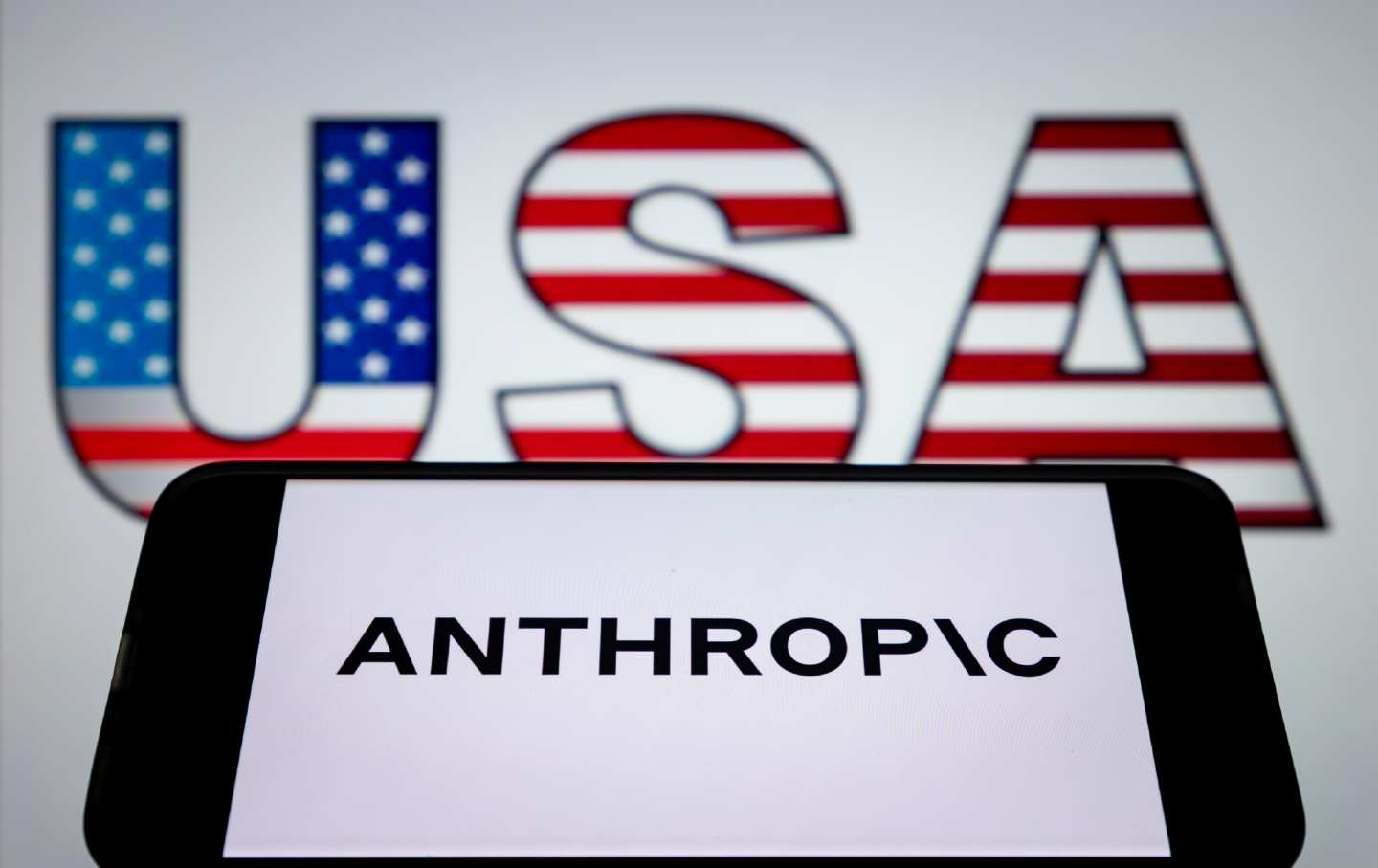
Garbage In, Carnage Out Garbage In, Carnage Out
The harrowing lessons of the Pentagon’s recently dissolved partnership with Anthropic.
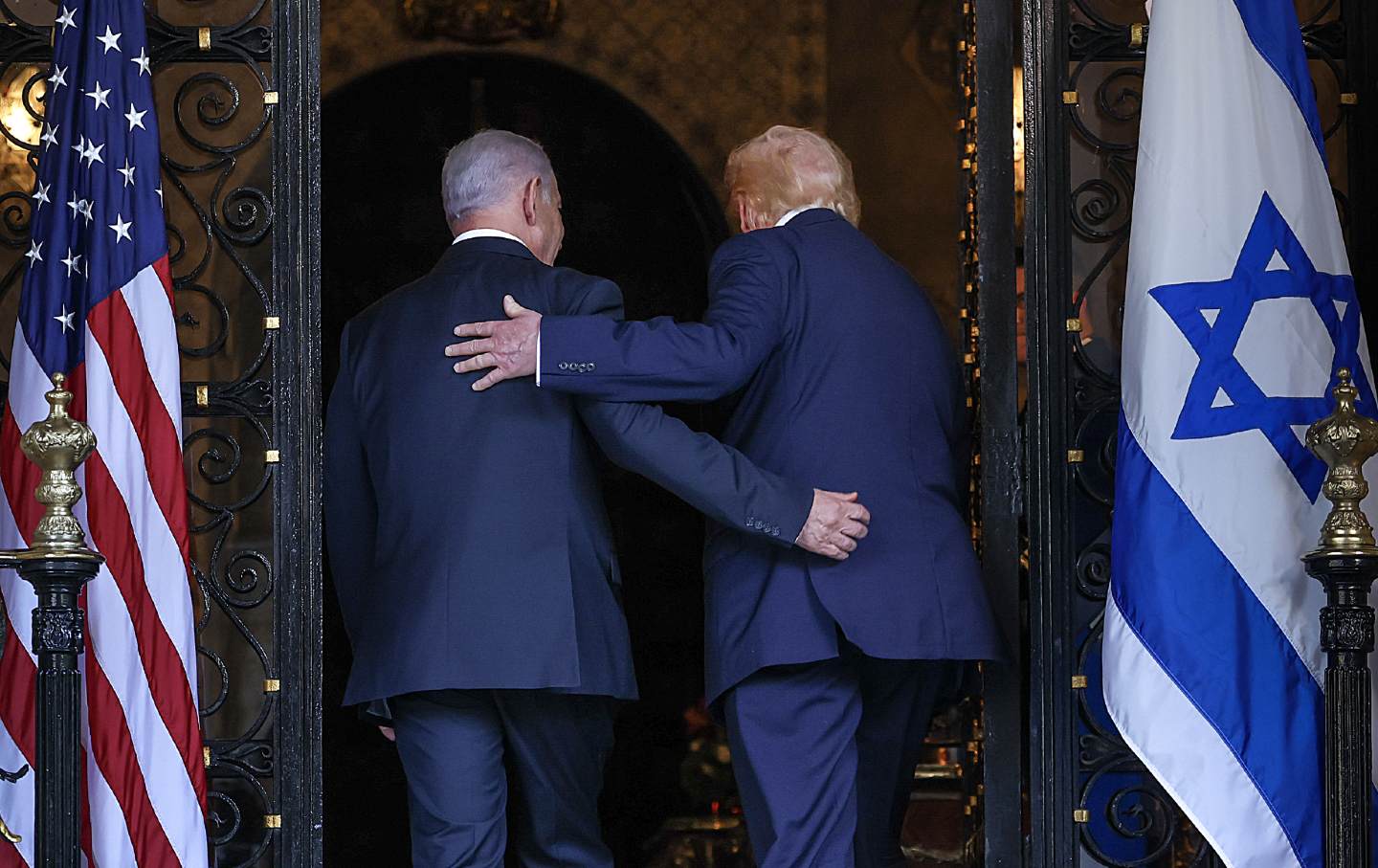
The Iran War Could Be Catastrophic for the US-Israel Alliance. Good. The Iran War Could Be Catastrophic for the US-Israel Alliance. Good.
As Israel’s role in pushing the war with Iran comes into ever sharper focus, it’s up to us to turn outrage into change.
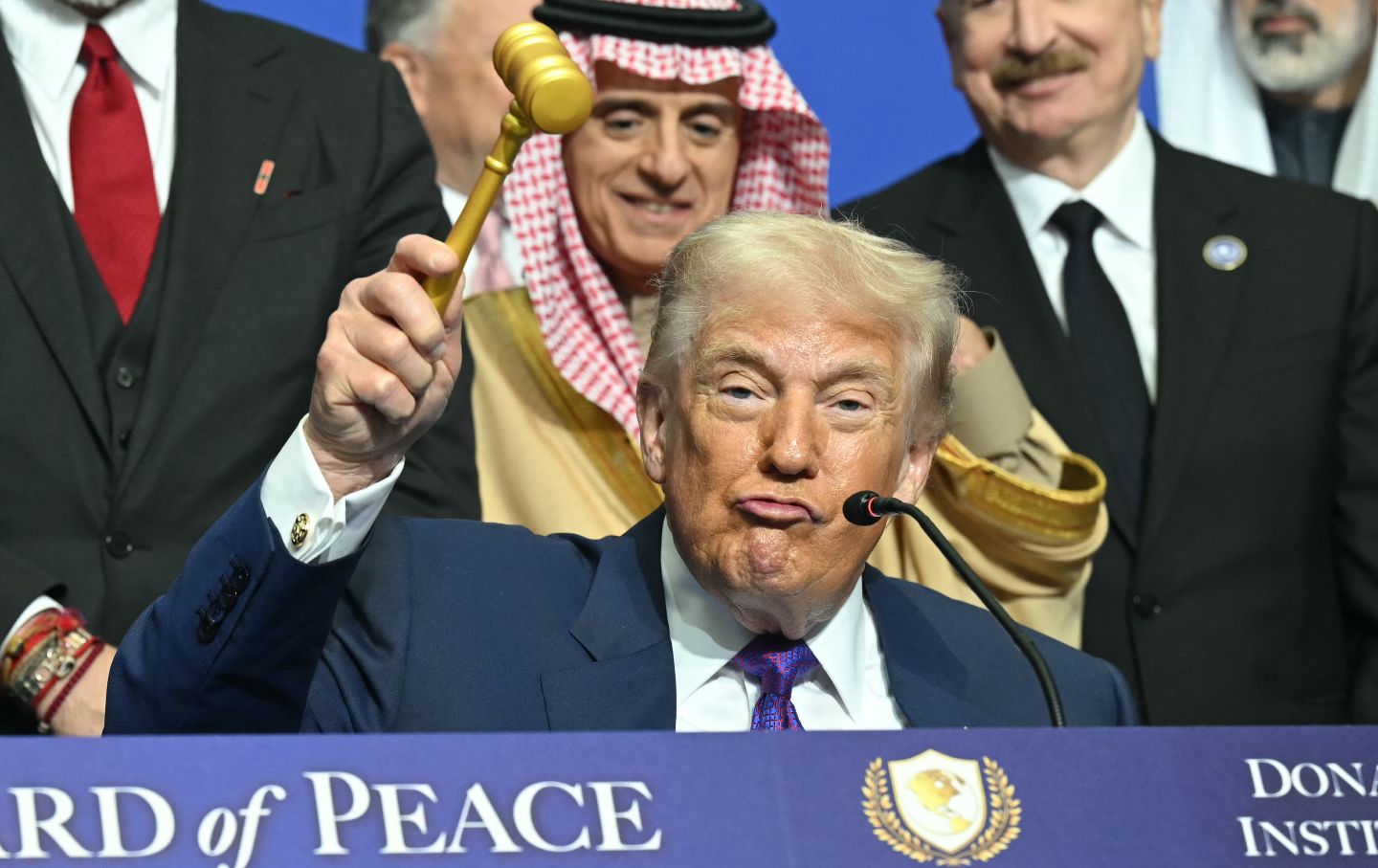
An Unlawful War An Unlawful War
The precedent being set by the US in launching this war of aggression against Iran will long live in infamy.
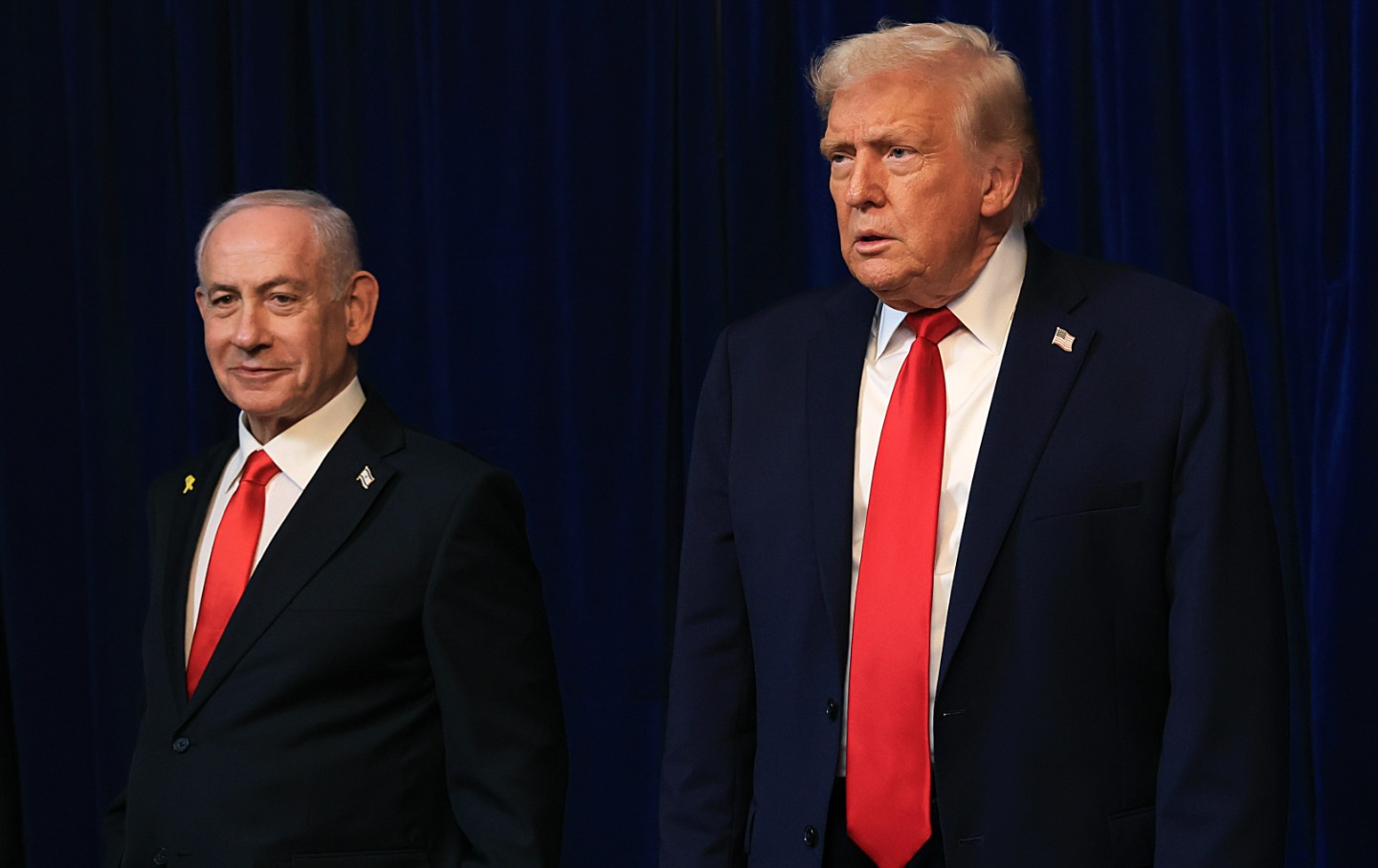
Trump and Netanyahu Want to Turn Iran Into a Failed State Trump and Netanyahu Want to Turn Iran Into a Failed State
This war looks designed to cause maximum chaos and instability. The world will pay a high price.

The War on Terror Paved the Way for Trump’s Rise—Now He’s Making It His Own The War on Terror Paved the Way for Trump’s Rise—Now He’s Making It His Own
Only the total abolition of the DHS can restore freedom.
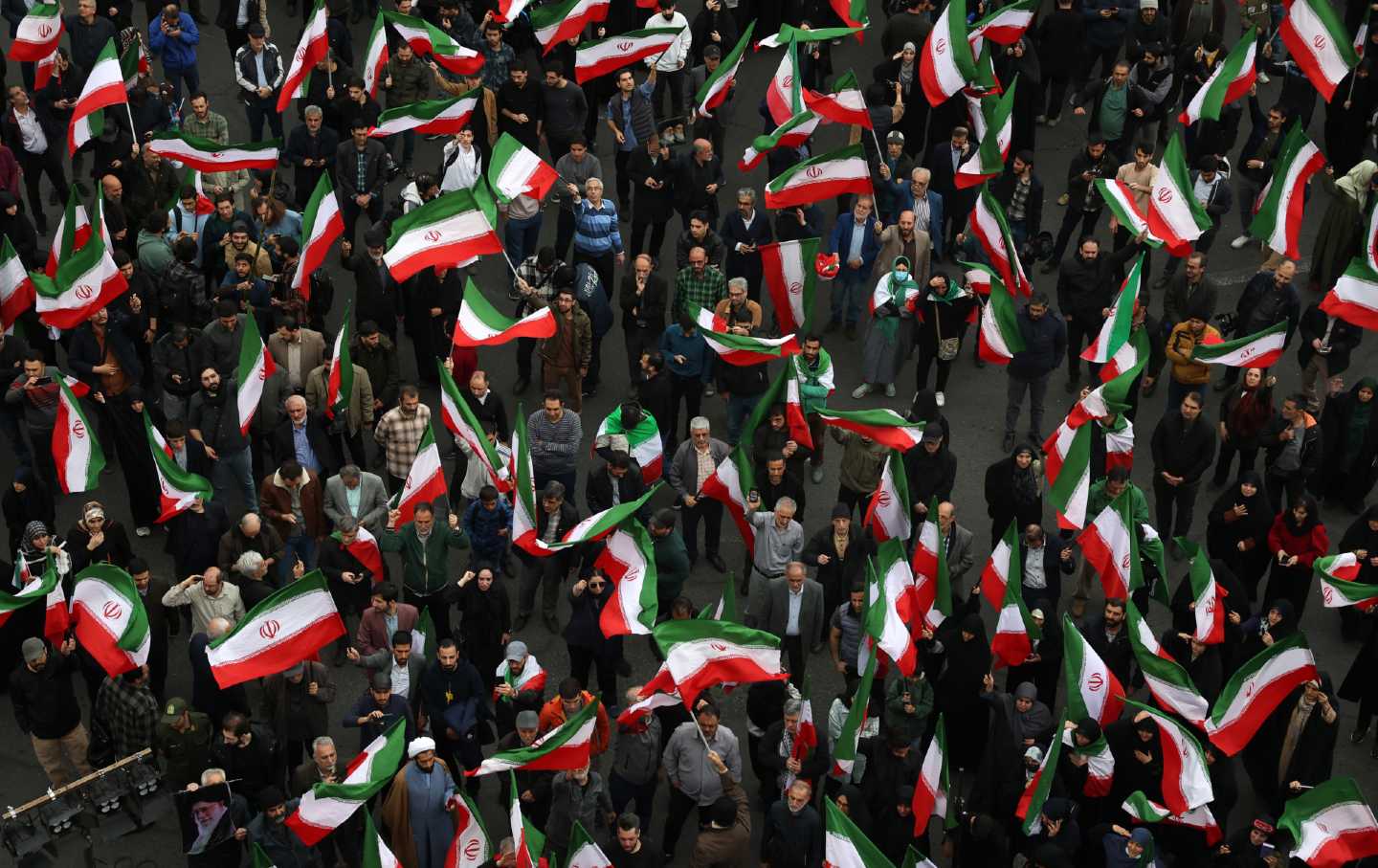
The Iranian Voices America Isn’t Hearing The Iranian Voices America Isn’t Hearing
We need to listen to those who oppose both the Islamic Republic’s authoritarianism and foreign military escalation.


